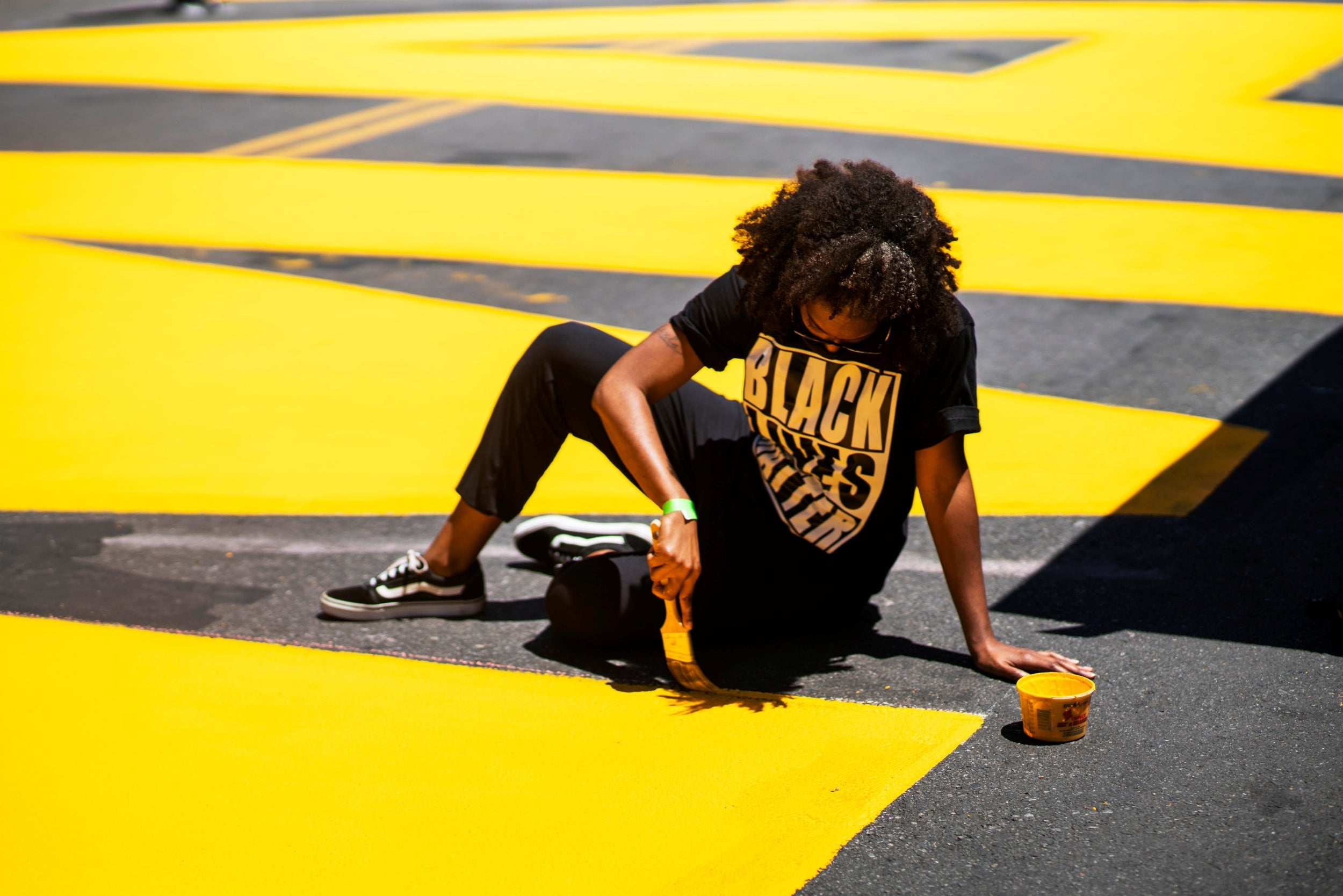Priti Patel, if you’re serious about tackling racism in Britain then put offenders on a hate crime register
If the government is now looking at itself, ministers should be ashamed at what they see. So many promises made with little or nothing to show for it, says Thom Brooks


Nearly one month ago, George Floyd’s on-camera killing by a white police officer in the United States gave new impetus to the Black Lives Matter campaign, and helped to spread support for the cause in this country, too. As Will Smith observed, racism isn’t getting worse, it’s getting filmed. A moral stain such as this cannot so easily be ignored when it’s circulating across social media.
The problem with racism in the structures and institutions of our society is well documented. There are reviews aplenty confirming racial bias in the criminal justice system (exposed by the Lammy Review), in the workplace and on the underachievement of white working class children in schools. While these reports pile up, the injustices continue. The need for action is now visible on the streets of our towns and cities as the public demand change.
We’ve seen Theresa May’s “race disparity audit” providing further evidence of a shameful inequalities from access to health care to housing and beyond. She described this work as “holding a mirror up to our society”.
If the government is now looking at itself, ministers should be ashamed at what they see. So many promises made with little or nothing to show for it. No wonder there remains little faith in words alone. Government plans for yet a new half-hearted review neither it nor campaigners want will hardly heal a deepening divide.
What’s needed now is an urgent policy sending a clear signal that there is no turning back. The public need to have confidence the government is ready to tackle racism – and all forms of discrimination – head-on.
An important symbolic first step in this direction would be made if Priti Patel, the home secretary, immediately seeks to launch a hate crime offenders register.
Hate crimes are defined by the Crown Prosecution Service as offences motivated by hostility or prejudice based on a person’s real or perceived ethnicity, disability, gender identity, nationality, race, religion or sexual orientation. When someone is convicted of a hate crime, it can already be a factor in a more severe punishment. But once time is served, it’s over – hate crime or not.
We need to treat hate crimes differently to fraud, theft and other forms of criminality. By harming somebody simply for who they are, hate crimes are more dangerous and of greater public concern.
A hate crime offenders register could be launched relatively quickly. We already have a working definition of what constitutes a hate crime and have high thresholds for securing criminal convictions.
As I’ve recommended in written evidence to the Home Affairs Committee, a register for hate crime offenders could work similarly to those used for sex offenders. An individual must be convicted of a crime punishable by a year or more.
Being on the list would carry consequences. Head teachers, doctors, landlords and youth leaders may be notified when such an offender is in their area. There may be restrictions imposed, preventing offenders from working with children or vulnerable adults. Any foreign travel would require permission prior to departure and a valid address must be maintained each year. Perhaps registration for some could be for a fixed time, allowing time for re-education, but those convicted of more serious hate crimes might remain on the list long term.
The aim of a hate crime offenders register is to send a message that these offenders will carry much greater consequences – perhaps long after the initial punishment is over. Hate crime won’t be seen like any other offence and it will have an impact – as well as create a more effective deterrent to help reduce future offences.
No register is going to end racial injustice. The criminal justice system should be a last resort. But the value of a register is in making clear – and urgently – that hate crimes won’t be tolerated. It is only a beginning, but an important symbolic move that can help set us all on a path to much more changes to come.
The problem of racial injustice and other forms of discrimination are deep-rooted. It will take a long-term, collective commitment to eradicate prejudice and promote understanding. A tougher stance against hate crimes can help move us in this direction.
Thom Brooks is professor of law and government at Durham University
Join our commenting forum
Join thought-provoking conversations, follow other Independent readers and see their replies
Comments